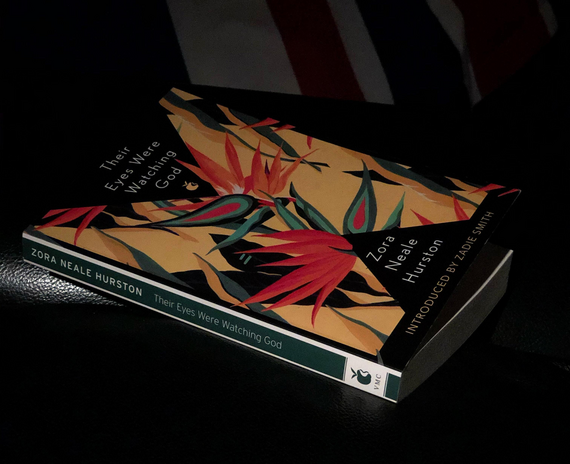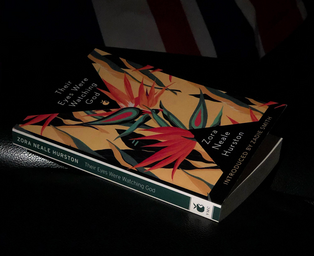I read “Their Eyes Were Watching God” by Zora Neale Hurston for the first time as a junior in high school. It was one of the many books we read that semester after authors such as Richard Wright and Toni Morrison. At the time, I wasn’t a huge fan of the novel. In fact, I can recall being highly critical of it, looking back at it now maybe too critical. I remember my reasonings being that artistically it just “wasn’t my style” it didn’t “satisfy my taste” and honestly now that is far from the truth.
This past summer, “Their Eyes Were Watching God” was on every booklist I saw and while I had already read the novel, I decided to give it another read. It was only then, that I realized that Zora Neale Hurston had done something revolutionary that seventeen-year-old me couldn’t understand.
When Zora Neale Hurston wrote “Their Eyes Were Watching God” in 1937, the book wasn’t well received amongst the Black community. The Black writers of the Harlem Renaissance Era harshly criticized Hurston. The most vocal amongst the predominantly male group was Richard Wright who claimed the book “carries no theme, no message, no thought.” Moreover, he believed Hurston wrote the novel to make “white folks laugh” that Hurston “oversimplified” Black people by reinforcing stereotypes. Reviews such as Wright’s made the book difficult to sell in the Black community, and ultimately the novel didn’t receive renowned praise on all fronts until well after Hurston’s lifetime.
But the truth is Wright couldn’t have been more wrong. Hurston was a writer who refused to make herself digestible. The novel written in Black southern dialect forces us, modern-day readers, to consume her work slowly. It forces us to reread sections, define certain phrases, and look up things for historical references. Her use of southern dialect combined with Black vernacular to some is perceived as a barrier, and I sometimes upon my first read thought this too. However, now I see how empowering Hurston’s decision was where she gave narrative and voice to Black southerners in literature. She wasn’t concerned with what authors like Wright had to say regardless of his talent.
I’ve learned a lot from Hurston not only as a writer but as a Black woman. Hurston, originally from the south, wrote about and for her people. She didn’t water down their stories to make everyone feel comfortable. Hurston created mighty black female characters who were actively resistant to male dominance. Hurston wasn’t concerned with respectability politics in her work. Her creation of Eatonville, an all-Black town, was a display of self-sufficient, pride, and empowerment. Hurston was acknowledging rural Black life, a sector of people that Wright wasn’t concerned with highlighting.
Regardless of what she wrote, Hurston stuck to her point of view through and through until her death. When “Their Eyes Were Watching God” acquired the fame it has now it was because of Alice Walker in 1973 who recovered the novel. Upon Walker’s discovery, she devoted her energy to denounce the initial criticisms and allowed Hurtston’s work to re-enter not only the Black feminist conversation but the Harlem Renaissance Era she was erased from.
It is with that sentiment that I strive to have the valor that Hurston had not only with her writing but opinions. Because she honored the words of her work, time allowed her story to once again be told. Hurston is a testament to self-assurance that we should all work to possess. As Hurston once said, “Those that don’t got it, can’t show it. Those that got it, can’t hide it.”



